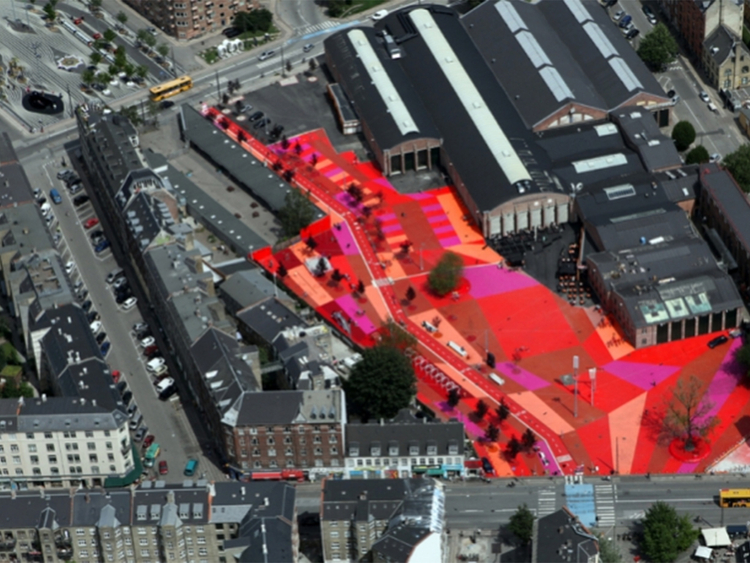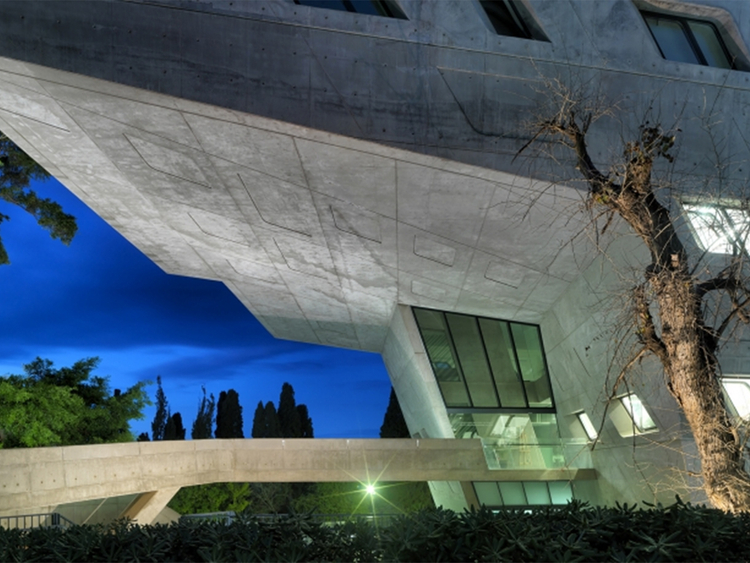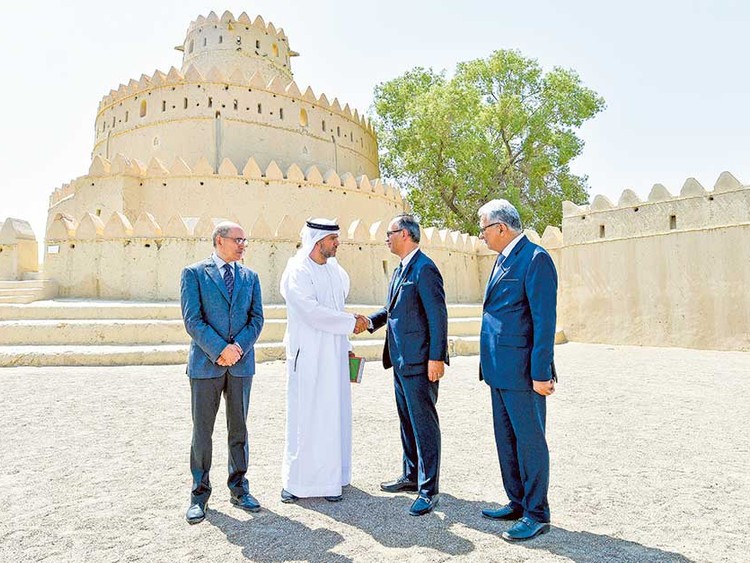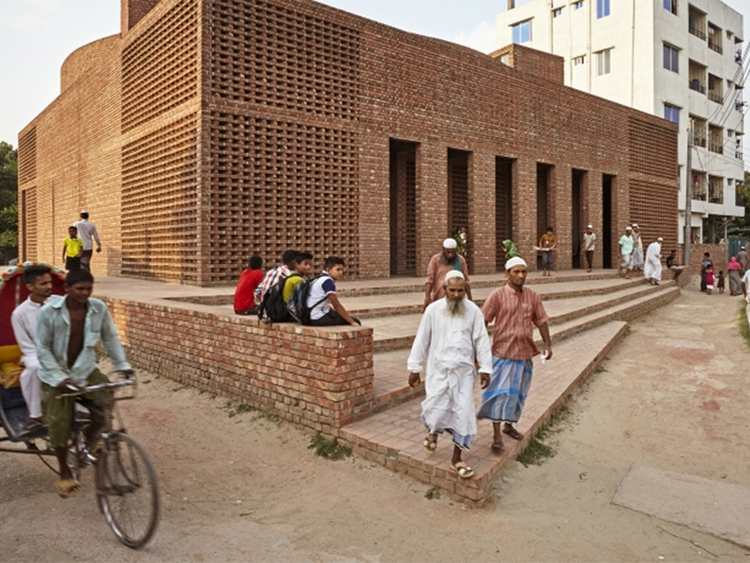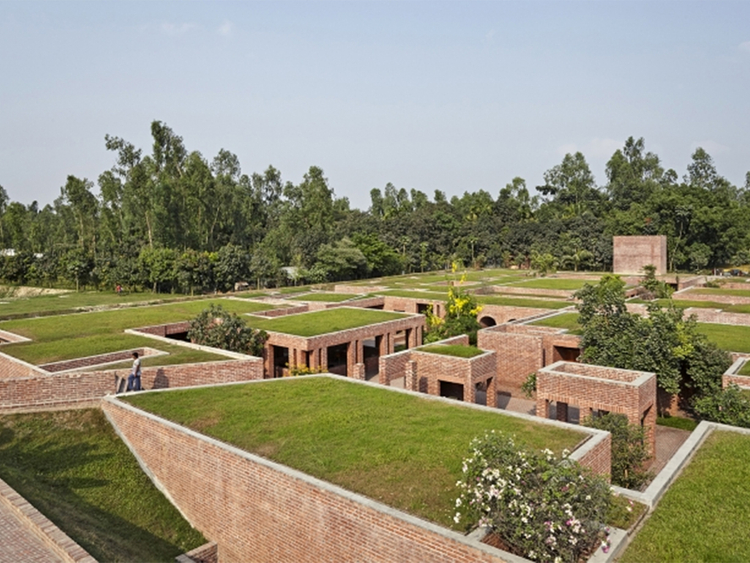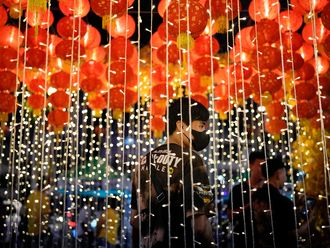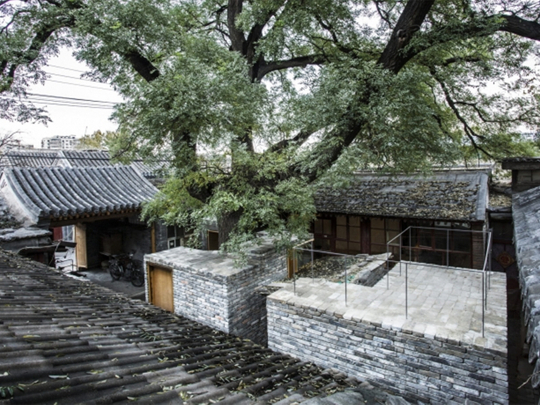
Al Ain: The people behind six structures in five countries will share a Dh3.67 million ($1 million) prize by the Aga Khan Award for Architecture, competition officials announced on Monday.
A mosque in Bangladesh, a children’s library in China, and an urban park in Denmark were judged by a nine-member jury to be among the six best new structures that help Islamic communities worldwide. The awards have been given out once every three years over the last three decades to the creators of structures that help communities where Muslims live.
Unique among architectural competitions, the award recognises projects, teams, and stakeholders as well as buildings and people, through an on-site team of experts sent by the award.
This award has six winning projects this time due to the sheer scope of the competition, officials said. Previous iterations of the award have seen over a dozen winning projects.
“We’re dealing with Muslim communities around the world, and it’s really difficult to really represent them in one or two or three projects,” said Mohammad Al Asad, a member of the award’s steering committee.
“You really need six to give that kind of overview on what’s taking place in the Islamic world.”
The committee is chaired by Prince Aga Khan, the 79-year-old spiritual leader of Ismaili Muslims, a sect which is believed to have anywhere from 15 to 25 million followers.
While the Swiss-born Prince Aga Khan is closely involved — having set up the competition in the late 1970s — he has no role in the award process or selection and entries are decided by the jury.
“He’s a very democratic person,” said Farrokh Derakhshani, an Iranian architect who is the director of the award. While not a member of the Ismaili sect, he has worked with the foundation for 34 years.
The winners will receive the prizes in a ceremony on November 6 at Al Jahili Fort in Al Ain, built in the 1890s by the grandfather of Shaikh Zayed Bin Sultan Al Nahyan, the UAE’s founder. The award officials chose the site due to the oasis city’s history and authenticity.
“Al Ain is a hidden jewel that people do not know worldwide,” said Derakhshani.
Previous venues for award ceremonies include sites famous across the Islamic world, such as the Ottoman-era Topkapi Palace in Istanbul and the gardens of Mughal Emperor Humayun’s Tomb in New Delhi.
Prince Aga Khan will present the awards, which come in the form of cash or grants.
In total, 348 structures from 69 countries were nominated for prizes.
Here’s a list of the winning structures:
Bangladesh:
• Bait Ur Rouf Mosque, Dhaka: A refuge for spirituality in urban Dhaka, selected for its beautiful use of natural light
• Friendship Centre, Gaibandha: A community centre which makes a virtue of an area susceptible to flooding in rural Bangladesh
China:
• Cha’er Hutong Children’s Library and Art Centre, Beijing: A children’s library selected for its embodiment of contemporary life in the traditional courtyard residences of Beijing’s Hutongs
Denmark:
• Superkilen, Copenhagen: A public space promoting integration across lines of ethnicity, religion and culture
Iran:
• Tabiat Pedestrian Bridge, Tehran: A multi-level bridge spanning a busy motorway has created a dynamic new urban space
Lebanon:
• Issam Fares Institute, Beirut: A new building for the American University of Beirut’s campus, radical in composition but respectful of its traditional context


